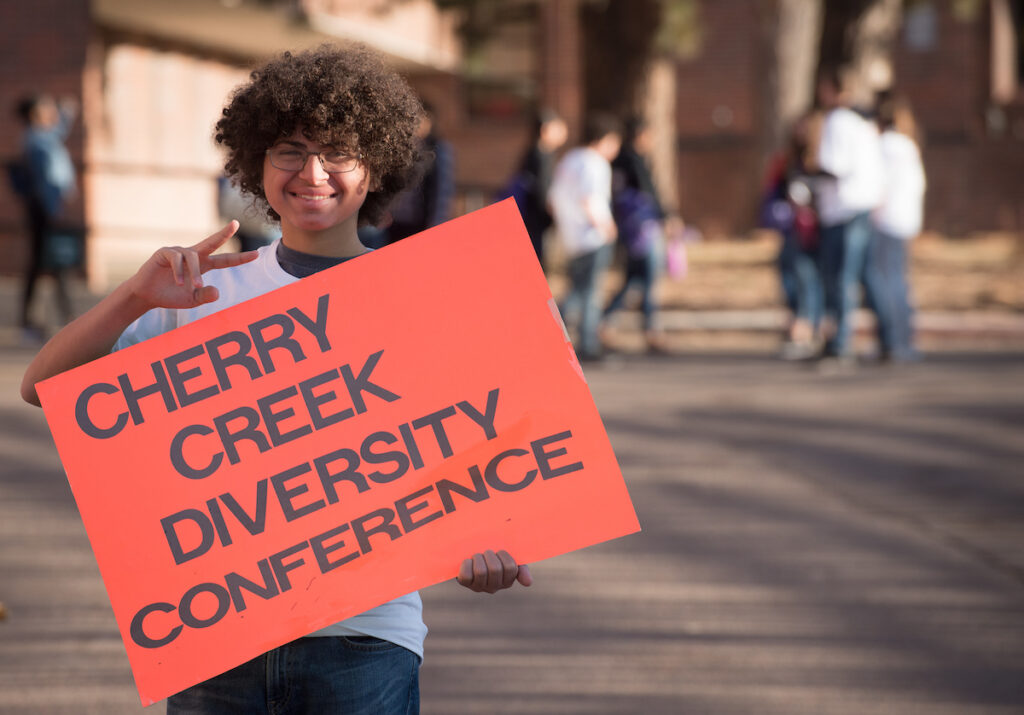Jump to a section:
Why is education important to advance inclusion and justice?
Why is education important to advance inclusion and justice?
Creating your club or group, bonding, setting norms, and beginning to share experiences and concerns is all important work. However, if you really want to make change in your school or community, we need to shift gears and develop skills and knowledge needed to take action.
If you and your group jump immediately into action, you may fall into common mistakes that can upset or even insult the community members you are aiming to help. For example, saviorism is a common trap, where enthusiastic people launch a project with the idea of “saving” or fixing an issue for a community, but in reality, their project just focuses attention on the group rather than the people needing support and help. Further, the solution may not meet the needs of those in need. Education provides a critical step to ensure you have the knowledge you need to make the change you want, while upholding the values of dignity, respect, and justice.
How can YCD help me educate my peers?
YCD chapters and experiences provide youth with numerous opportunities to educate themselves and their peers on the social issues of their choosing. By meeting biweekly in a youth-led framework, participants build community while undergoing workshops on topics they are passionate about. They can then take this experience to the next level at YCD conferences and events, where youth from chapters across the region or state gather for workshops and discussions.
YCD’s Levels of Understanding Curriculum
YCD has a foundational document called The Levels of Understanding which guides all curriculum development for the organization. This document encompasses everything we aim for young people to learn or think about through their experiences within YCD. For the most part, youth participating in YCD do not need to refer to or read the Levels of Understanding document; it exists as a curriculum guide for our organization, and a reference tool when needed.
Explore the different sections of the Levels of Understanding curriculum below:
Foundational Concepts
Identity
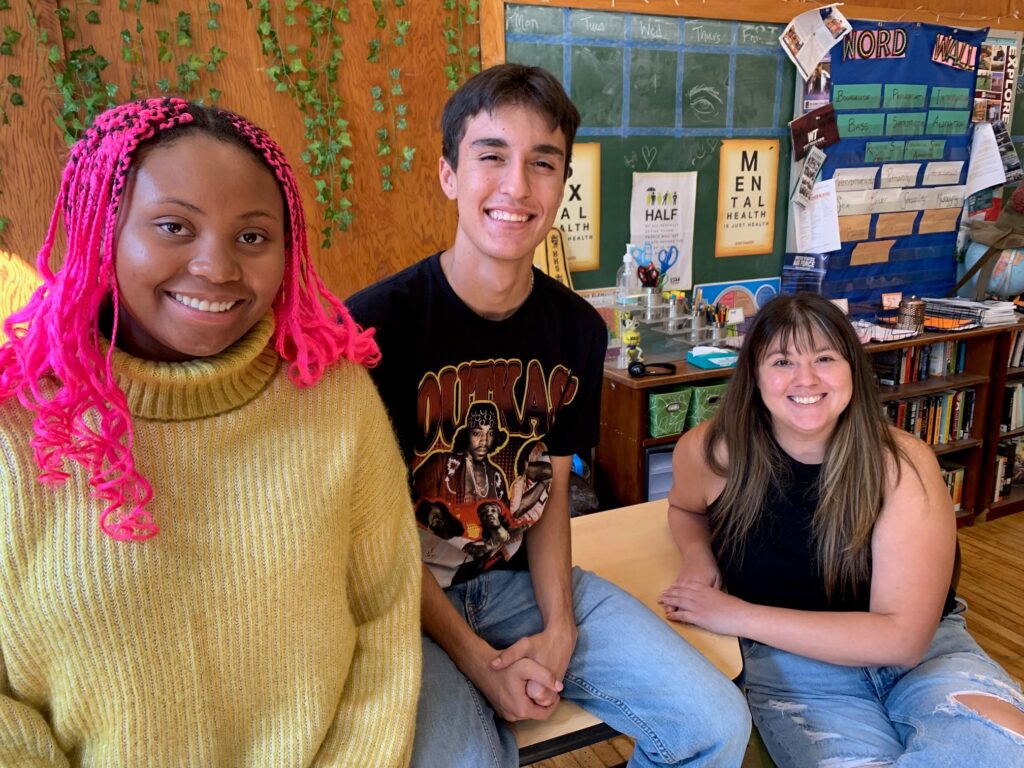
Youth learn about and explore identity, how to be proud of your identity while valuing others who are different, and how identity is both how I want to be seen and how others see me.
Diversity, Inclusion and Equity
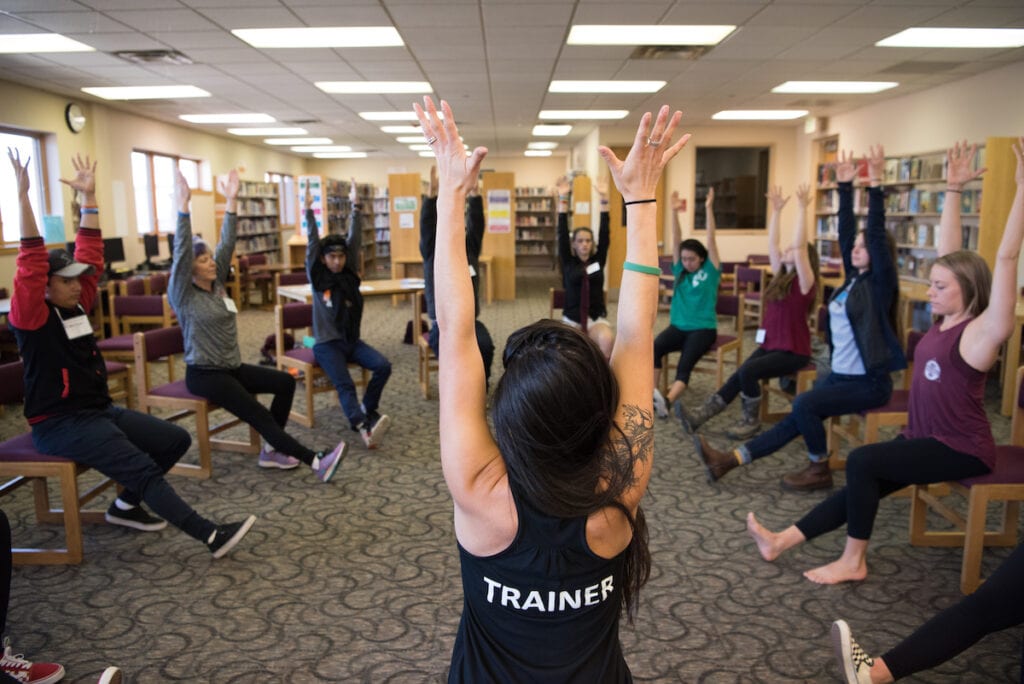
Youth learn the differences between diversity, inclusion and equity, and why each is important but not the same. They also learn about othering and why it is harmful.
Privilege and Intersectionality
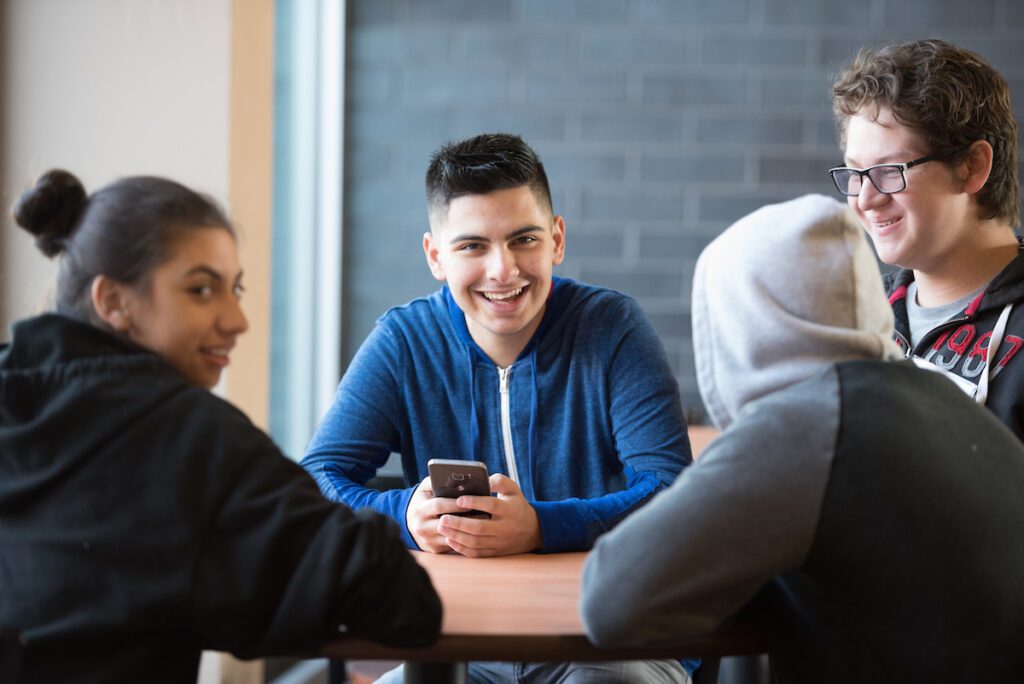
Youth explore and understand privilege, how it exists across multiple identity categories, and how it affects our daily experiences. They also learn about intersectionality and why it is important in inclusive spaces.
Bias and Prejudice
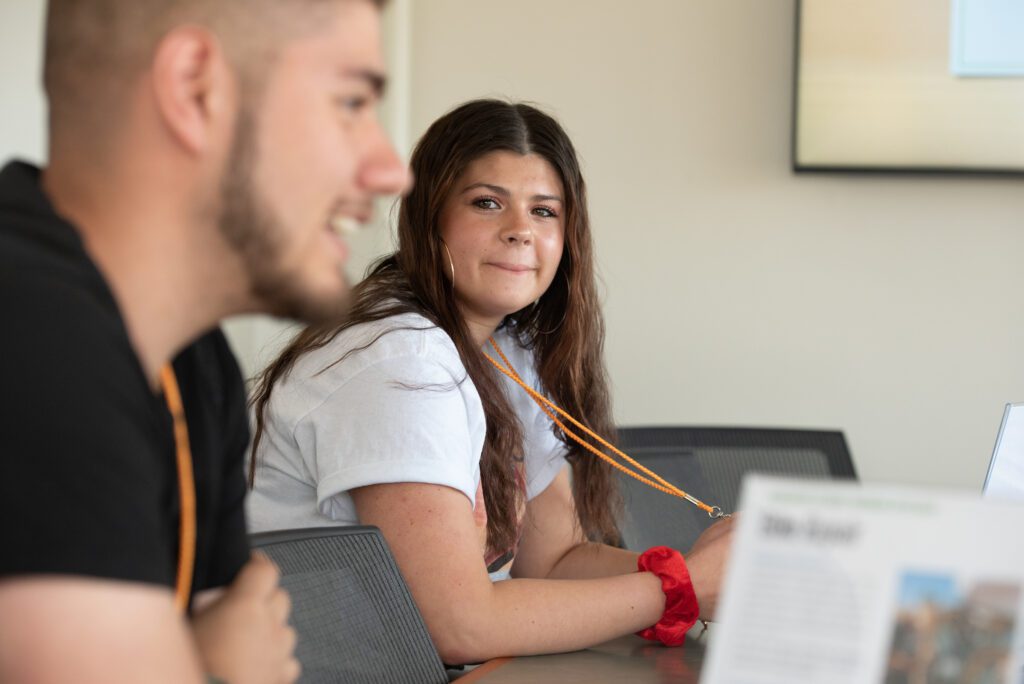
Youth learn about conscious and unconscious bias, prejudice, microaggressions, and how to call out and respond to these issues when they arise.
Power, Marginalization and Oppression
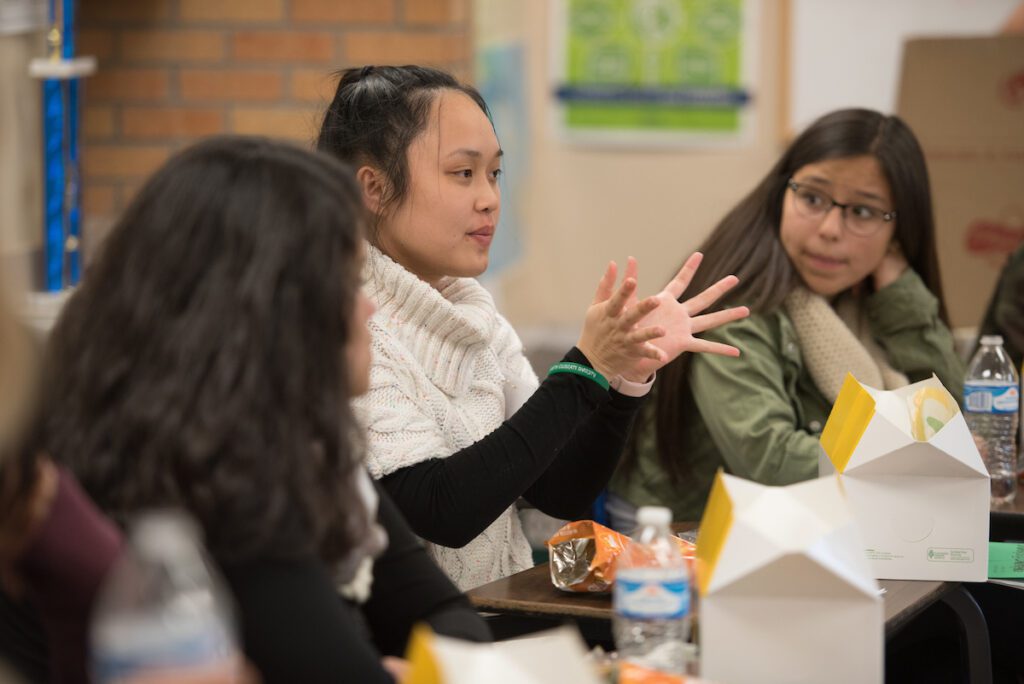
Youth learn about marginalization and oppression, how they are connected and different, and how they relate to the use of power by social groups.
Leadership Skills
Activism
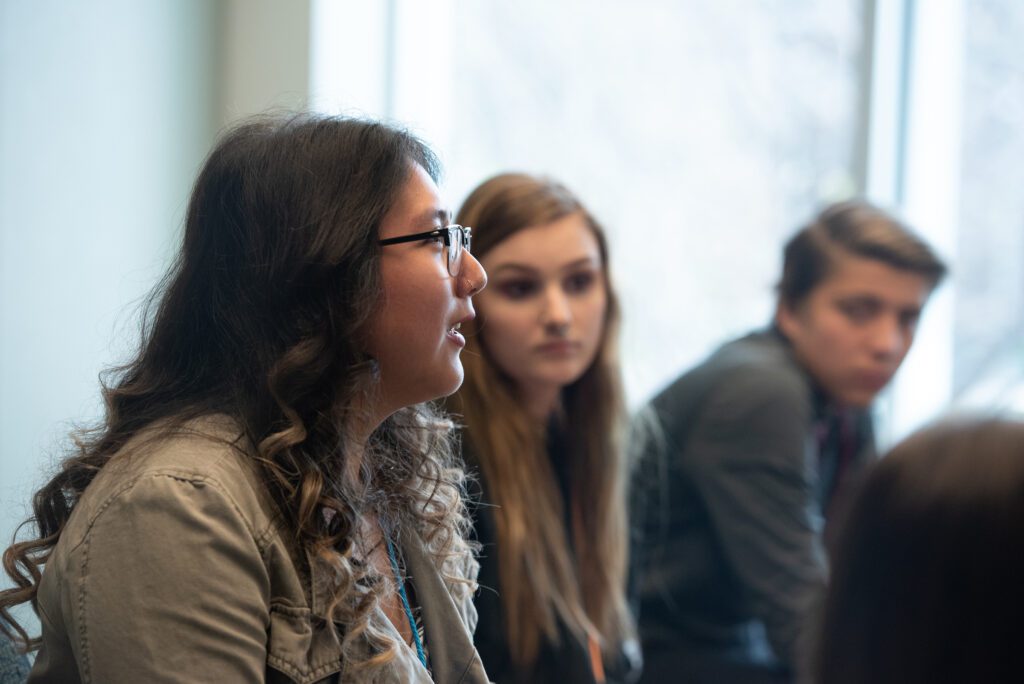
Youth explore bystanders, allies, accomplices, activists, and coalition building.
Leading Groups
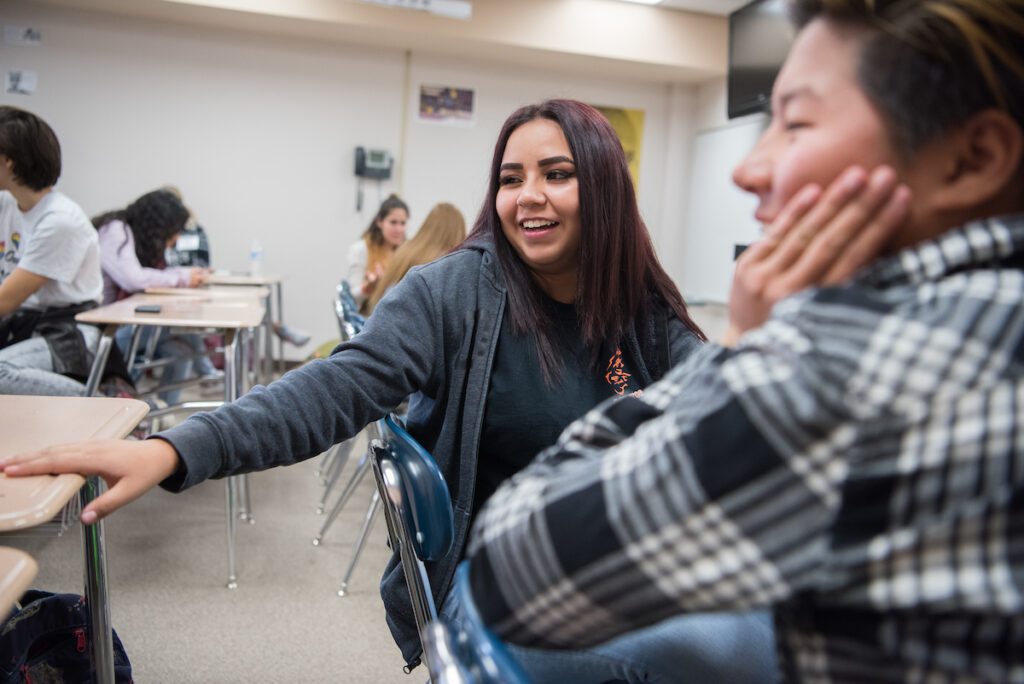
Youth learn how to facilitate healthy group discussions, and why discussing social issues without an outcome or agreement is valuable. They also learn how to drive groups toward consensus.
Conflict Resolution
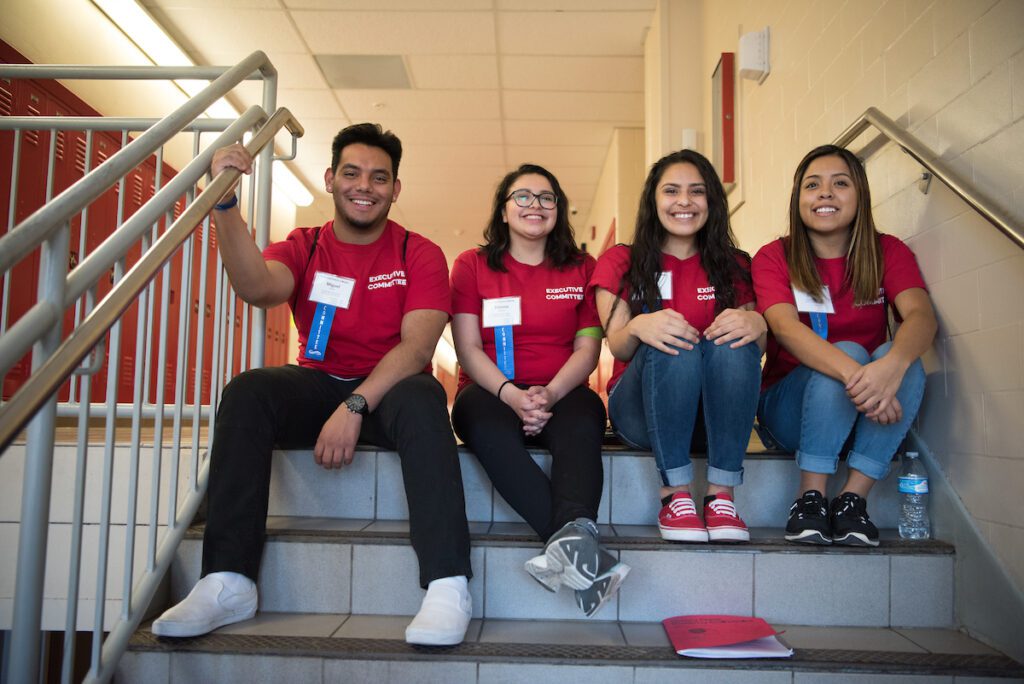
Youth learn conflict is natural, and strategies to manage it when it arises. They also learn how to set group norms and hold peers accountable to them.
Identity-Based Knowledge and Understanding
Racial Justice
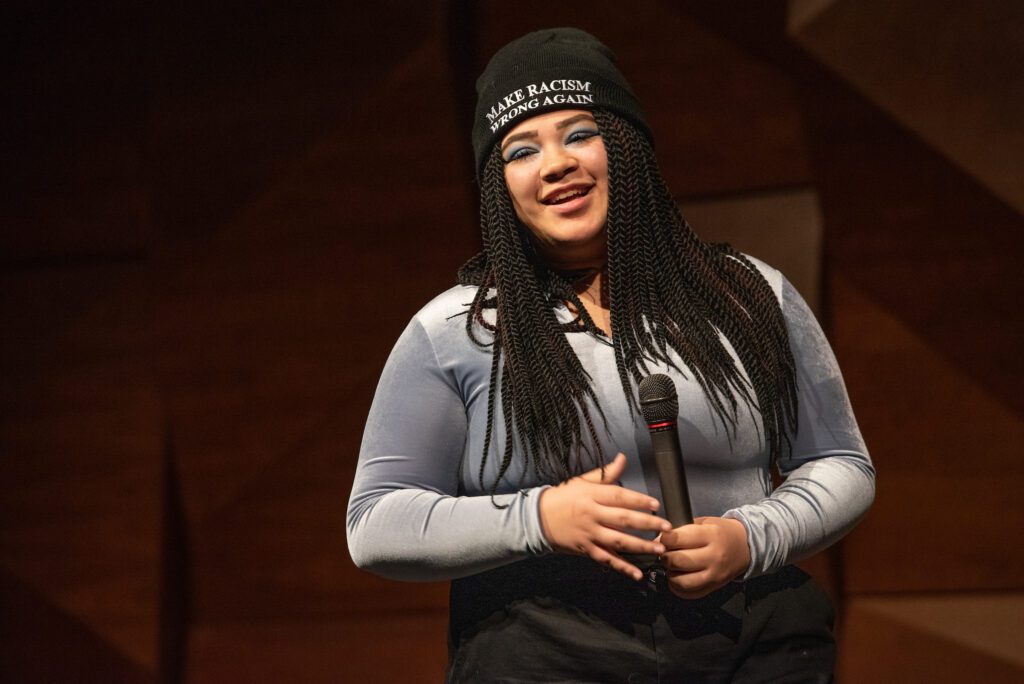
Youth learn the difference between race, ethnicity and culture. They also learn how to define and clearly identify racism when it occurs, and why race has a unique and important place in US history and today. They also explore anti-racism and finally, how racial justice is not just the absence of discrimination, but the presence of racial equity.
Disability Justice
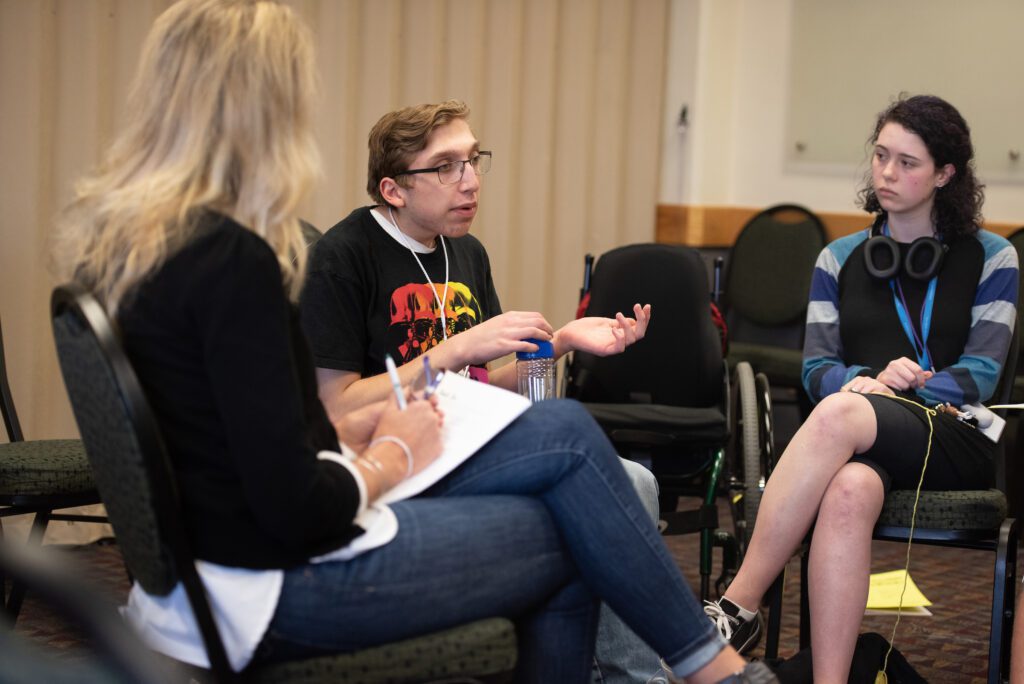
Youth learn about disabled people and their experiences, what accessibility is and how to achieve it, and most importantly how disability justice involves dismantling ableism, both physically and conceptually.
Economic Justice
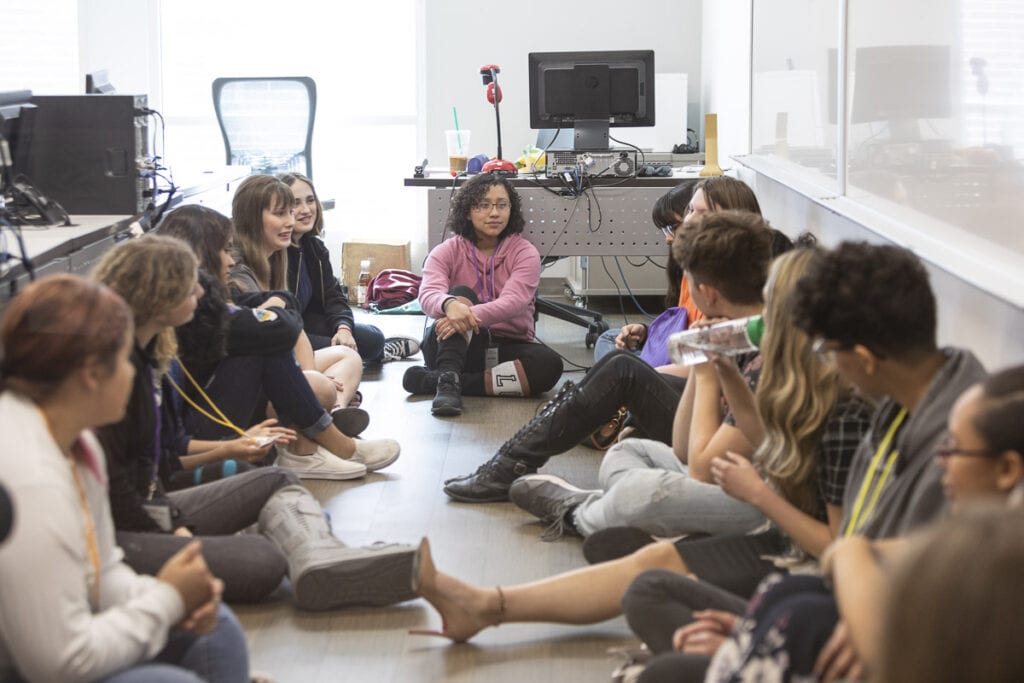
Youth learn about economic inequality, poverty, classism, and economic justice.
Gender Justice
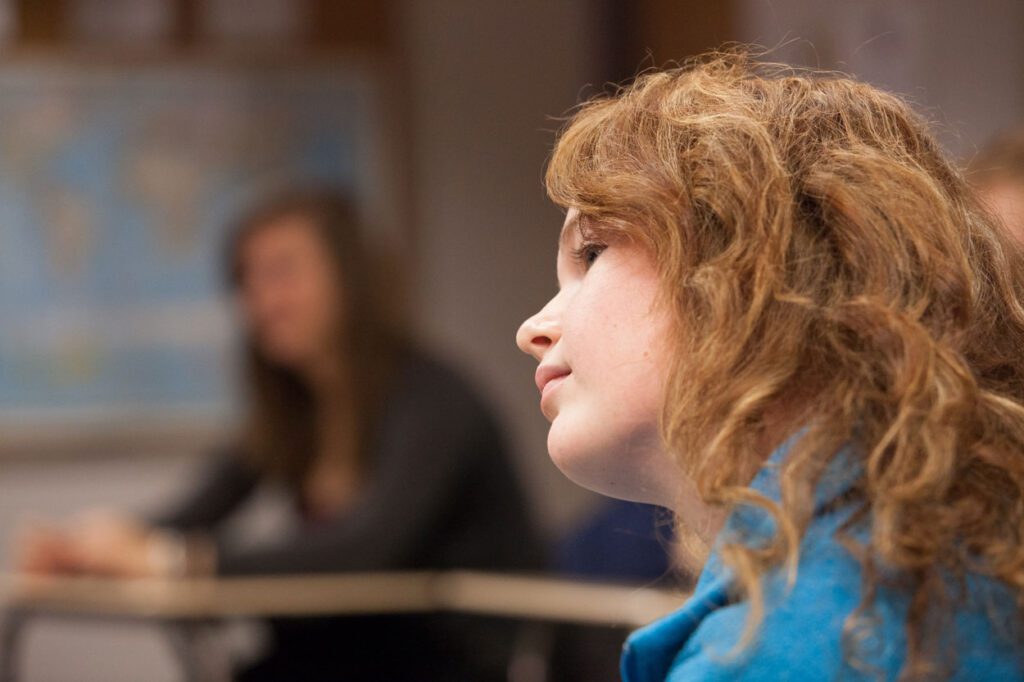
Youth explore gender stereotypes, sexism and misogyny, feminism, gender justice as well as gender equity.
Immigration Justice
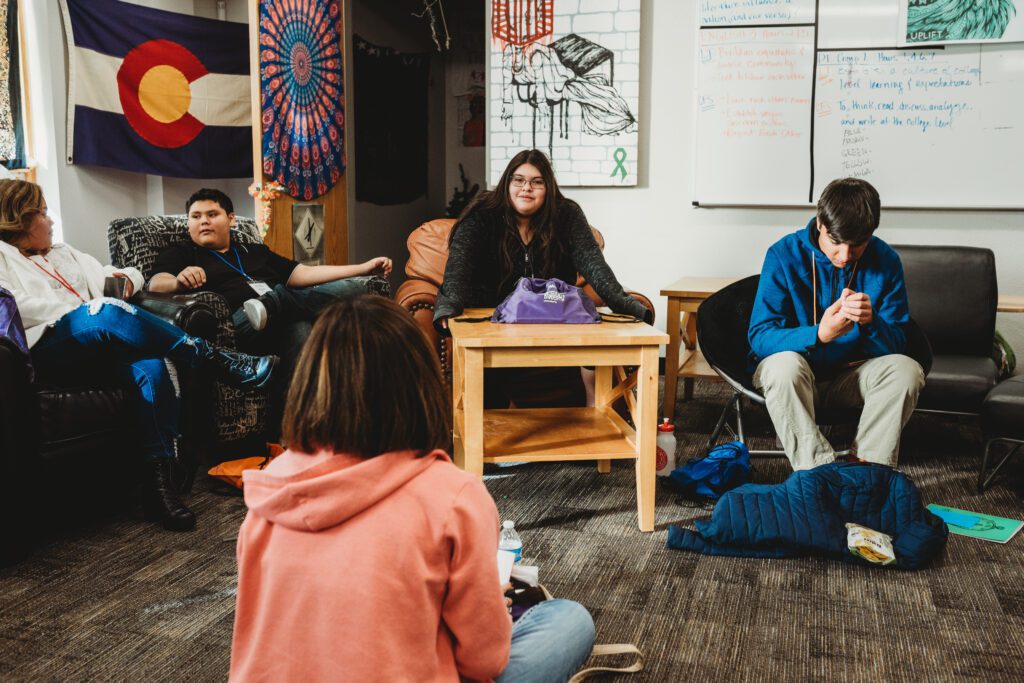
Youth learn about immigration and migration, how it connects to power and privilege, nativism, and immigration justice.
Religious Justice
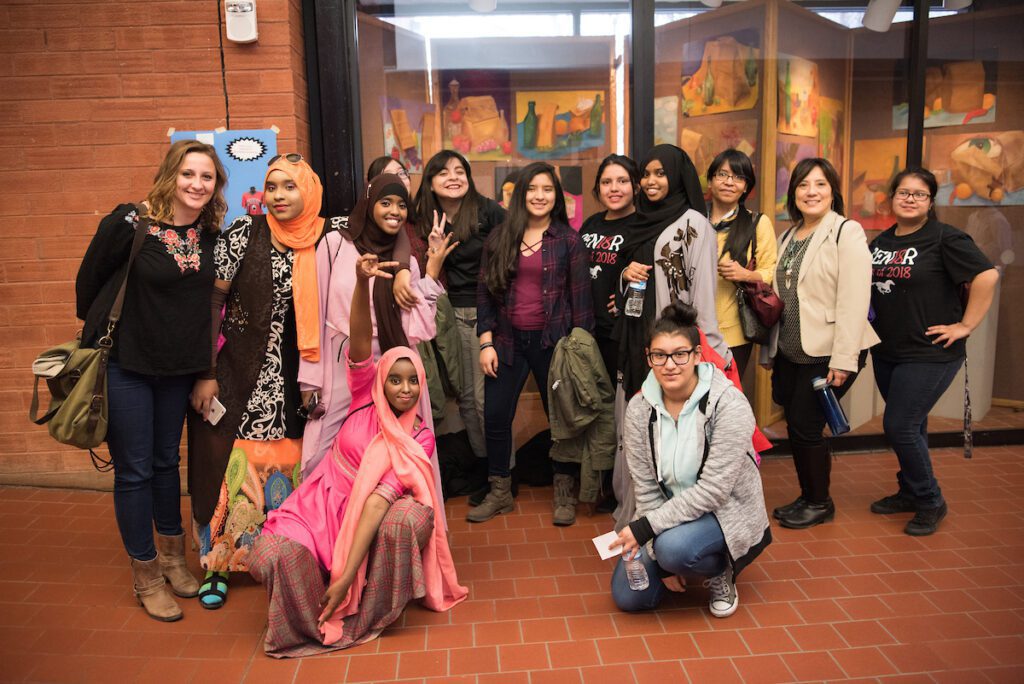
Youth learn about different religious traditions, how religious prejudice shows up, why interfaith dialogue is important, and why religious justice is important for people of all faiths.
LGBTQ+ Justice
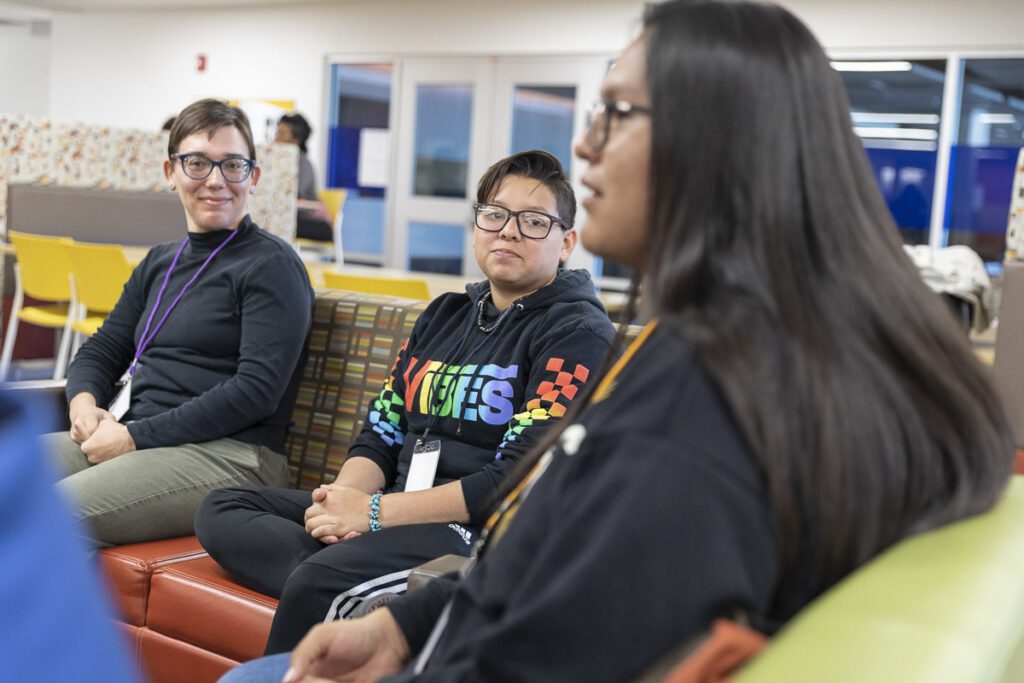
Youth learn about the differences in the LGBTQ+ community, homophobia and transphobia, how gender and sexuality are connected but not the same, and LGBTQ+ justice.
YCD Workshop Guides
YCD has a curated library of over 60 workshop guides on every aspect of inclusion and justice work for middle and high school youth to explore in their own chapter meetings — with new workshops being published every month. These guides can also be used by educators as part of their in-school curriculum, where interested. Workshop guides are developed based on the Levels of Understanding approach mentioned above.
To help youth and adult mentors assess whether YCD is a good fit for them, we provide a free sample packet of workshops available for anyone to use and download.
How can YCD help me educate myself?
Students in the YCD network work collaboratively to plan and create conferences on the social issues affecting teens today. These unique experiences provide an opportunity for youth to meet others who share their passion for inclusion and justice, brainstorm ideas, and learn from community experts on the topics that matter most to them.
We believe the conference format can be transformational and inspirational to the work you plan to do, and give your group members access to a wide range of knowledge, experts, and connections in a short amount of time.
Colorado Youth Diversity Conference
This Denver-based event brings together over 1,000 teens and teachers from across Colorado each year. The conference features 40+ workshops, and also includes the Rocky Mountain Diversity Fair in the morning before the conference starts.
New Mexico Diversity Conference for Youth
Held in Albuquerque, this conference is in its sixth year and draws students and teachers from across New Mexico.
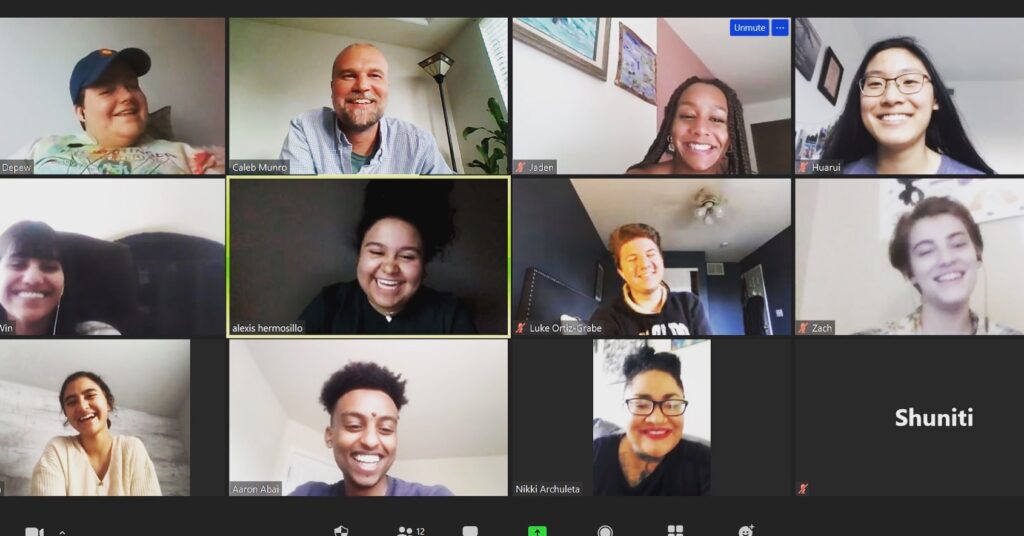
National Virtual Diversity Conference for Youth
Can’t make it to our in-person conferences in Colorado or New Mexico? Join youth and educators from across the US for this national, virtual event to build community, knowledge, and excitement!
How do I get started / sign up?
Ready now?
YCD is building and supporting chapters across the country! Click the button below to start the process of either beginning/joining a chapter, or registering your group as a chapter.
Need more info?
It’s not enough to organize and educate yourself and your peers, we won’t change the world without taking some action! Click below to read more about how YCD helps.
